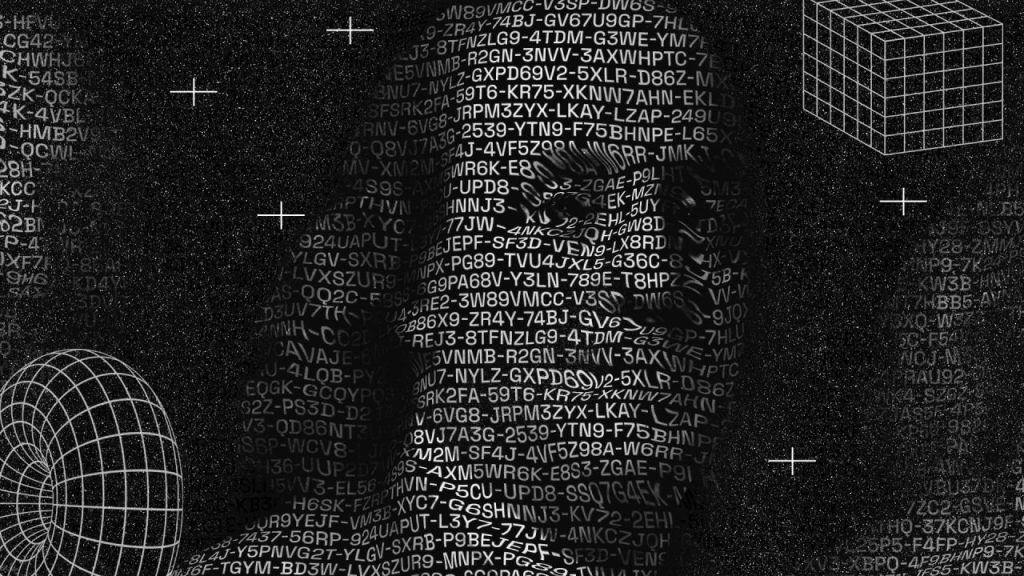Mastercard, Citi, JPMorgan, Visa Explore Distributed Ledger Tech

In a push to harness cutting-edge technology, Mastercard, Visa, JPMorgan, and Citigroup are setting the stage for what could be a revolution in financial markets with distributed ledger solutions.
The financial giants have united to launch the Regulated Settlement Network (RSN).
Distributed Ledger Technology for Multi-Asset Settlements
The RSN plans to integrate commercial bank money with wholesale central bank funds and various securities, including US Treasuries and investment-grade debt. By facilitating settlements in US dollars, the project tests the feasibility of a more interconnected financial ecosystem with distributed ledger technology.
Interestingly, the New York Innovation Center of the Federal Reserve Bank of New York has endorsed this initiative.
The RSN’s collaborative framework extends beyond a simple partnership. It is a robust effort that includes key players like Swift, Deloitte, and prominent US banks such as Wells Fargo and TD Bank. Each participant contributes unique expertise, advancing the adoption of distributed ledger technology across the US financial system.
A previous 12-week trial focused on domestic interbank and cross-border payments. This new phase builds on that foundation, engaging more financial institutions and advisory bodies like the Securities Industry and Financial Markets Association (SIFMA) to ensure a thorough approach to deploying this technology.
Raj Dhamodharan, Executive Vice President for Blockchain and Digital Assets at Mastercard, highlighted the potential impact,
“The application of shared ledger technology to dollar settlements could unlock the next generation of market infrastructures.” Dhamodharan said.
Read more: Crypto vs. Banking: Which Is a Smarter Choice?
Spending on blockchain solutions is rising, with forecasts suggesting it will reach $19 billion by 2024, with major financial players involved in this trial.
The RSN initiative aims to simplify the settlement process by merging various forms of money and securities onto a single platform. This reduces the risk of errors and fraud and strengthens the financial infrastructure against operational inefficiencies.
D.J. Bodden, Operations Director at Storm Partners, told BeInCrypto this initiative puts institutional players at the forefront of setting the direction of digital and decentralized finance as trust in the US dollar erodes.
“From a Web3 standpoint, there’s a clear sense that the dollar, whether digital or not, is losing its edge. It’s typical for US policy to react with bold, unexpected changes to reclaim leadership. Transitioning to a highly efficient financial system using shared ledger technology could be exactly that kind of strategic pivot,” Bodden said.
Still, this phase is exploratory and does not guarantee a move toward commercial deployment.
Disclaimer
In adherence to the Trust Project guidelines, BeInCrypto is committed to unbiased, transparent reporting. This news article aims to provide accurate, timely information. However, readers are advised to verify facts independently and consult with a professional before making any decisions based on this content. Please note that our Terms and Conditions, Privacy Policy, and Disclaimers have been updated.















